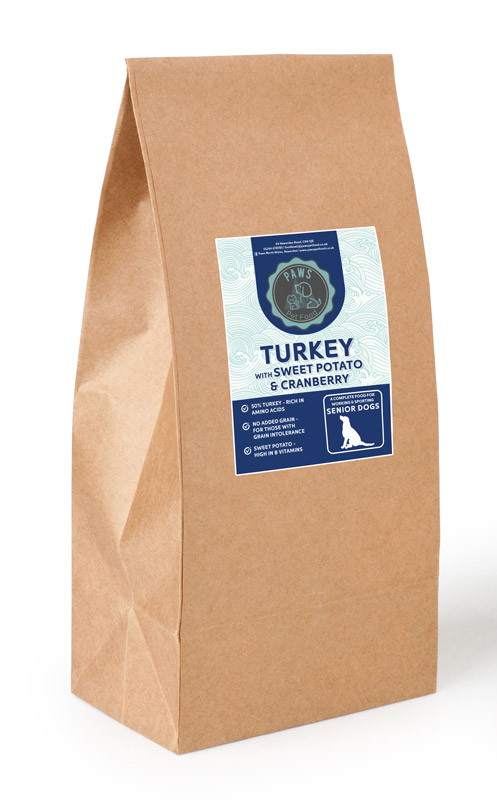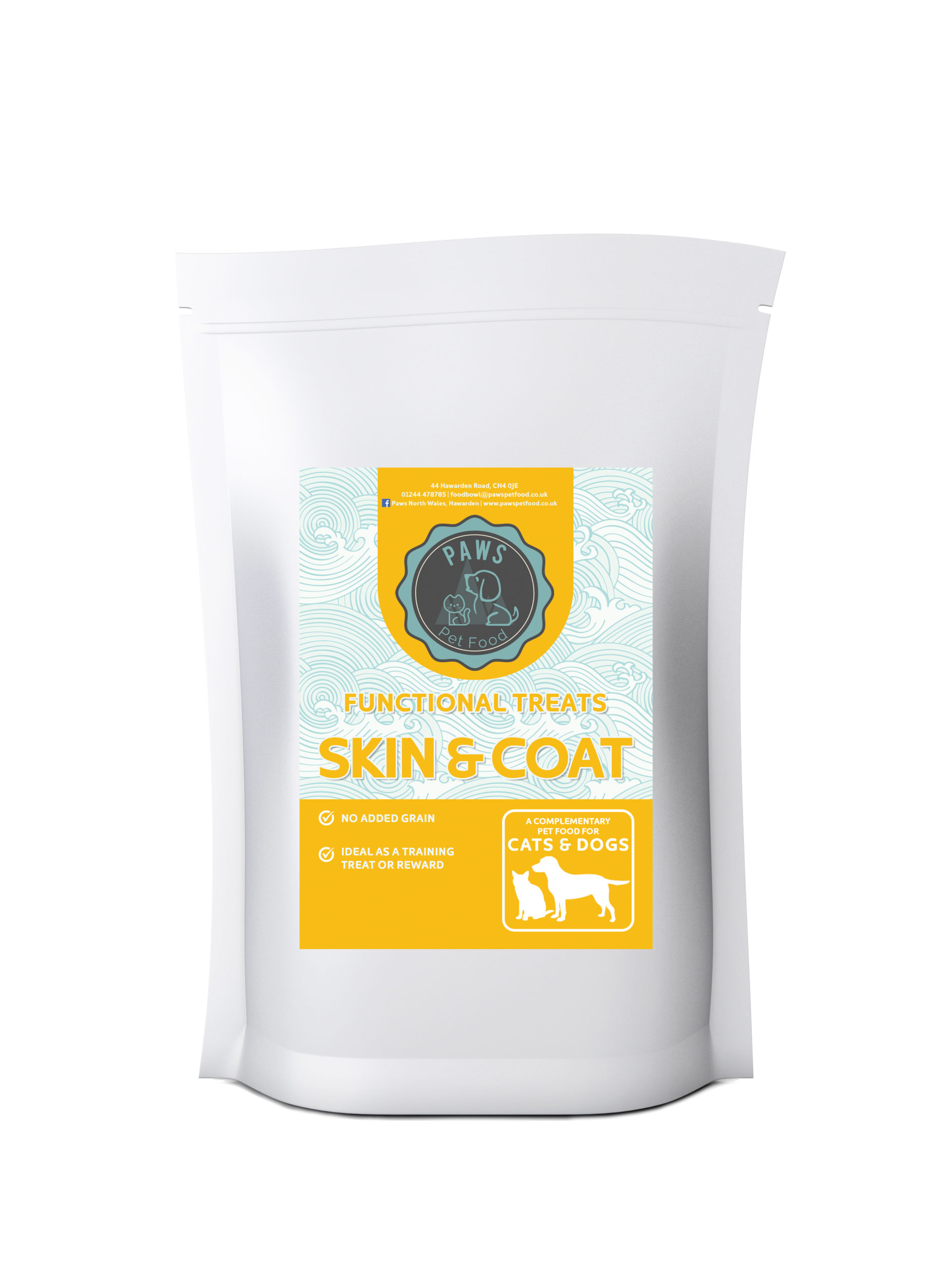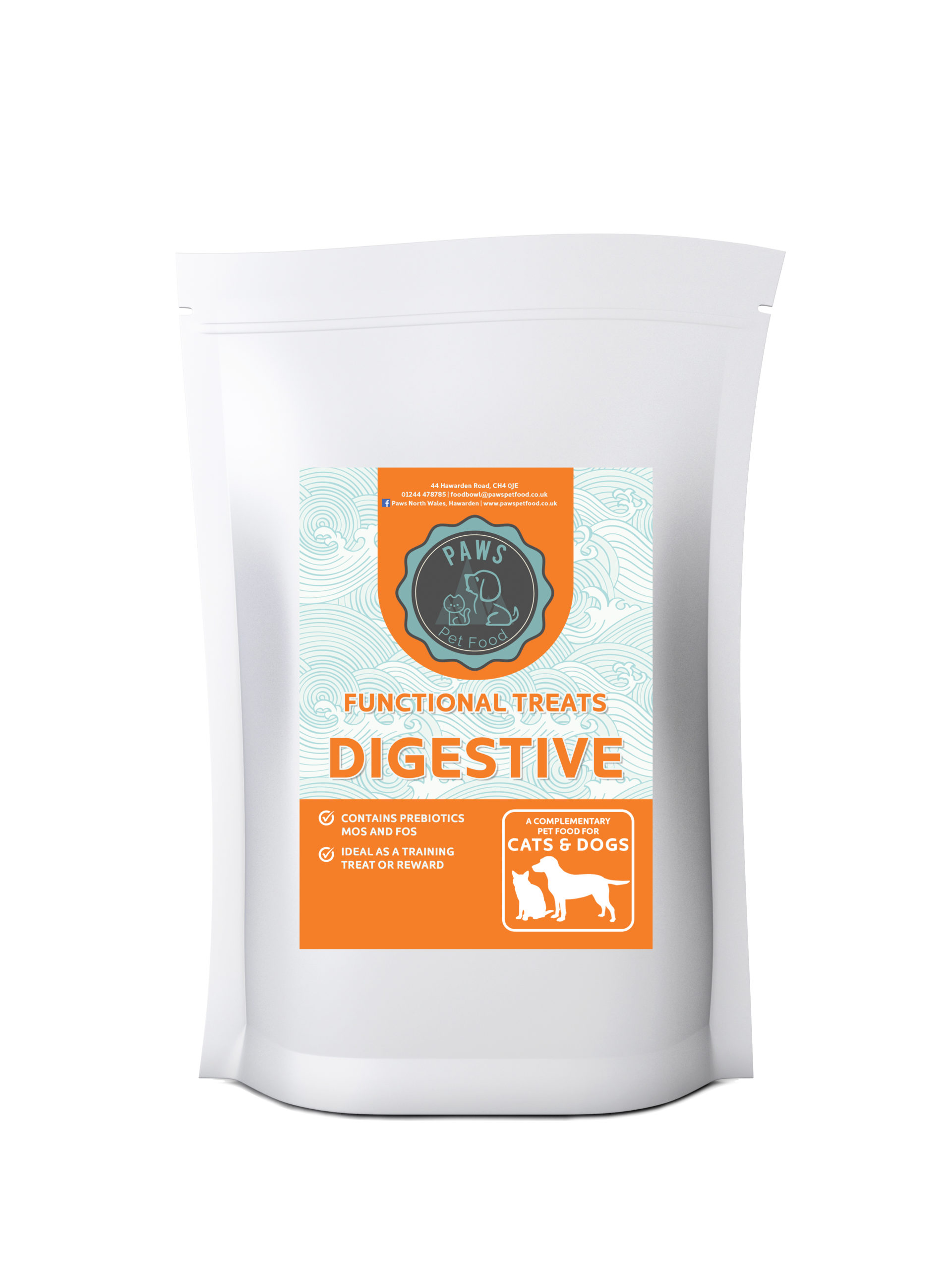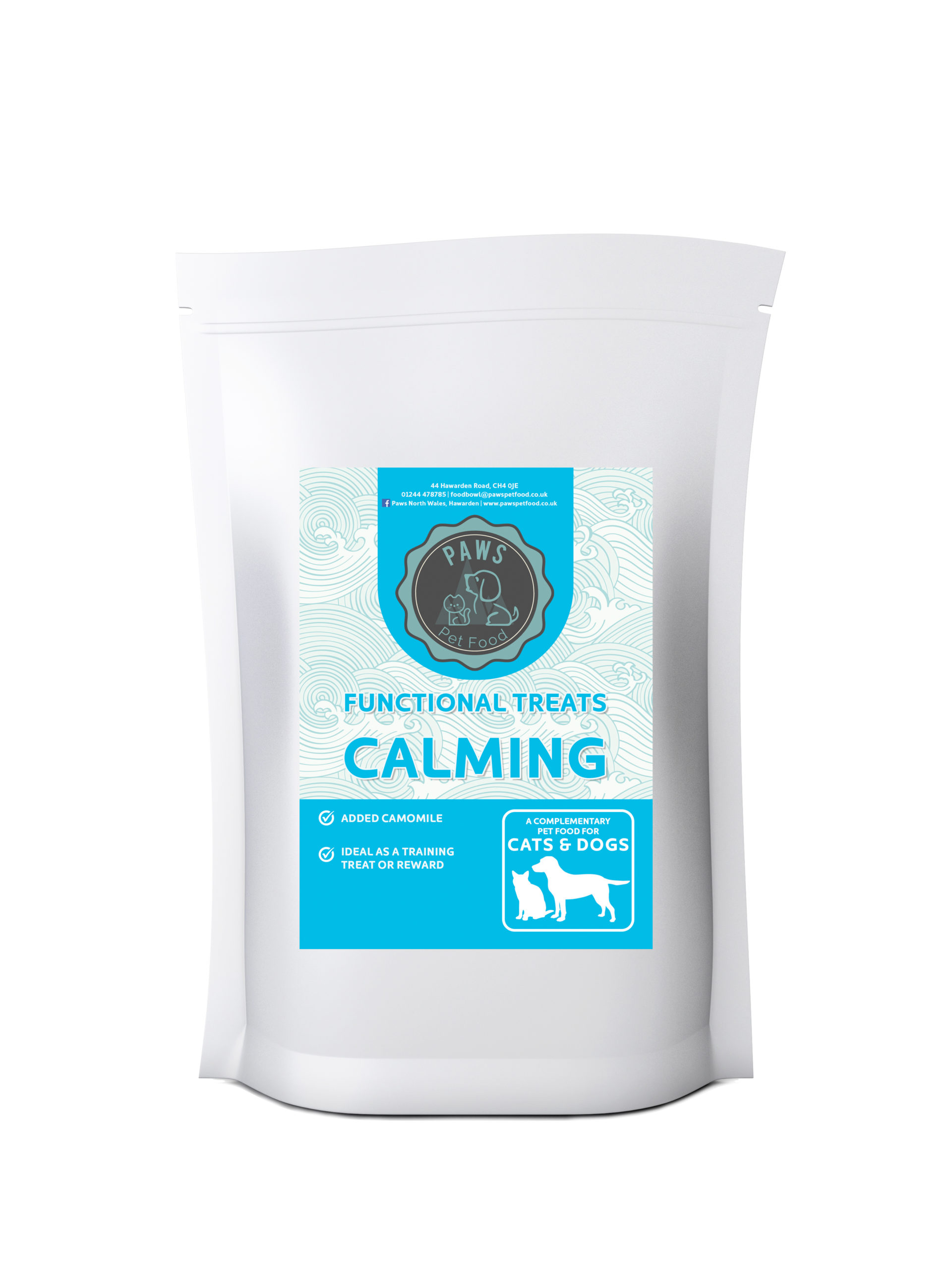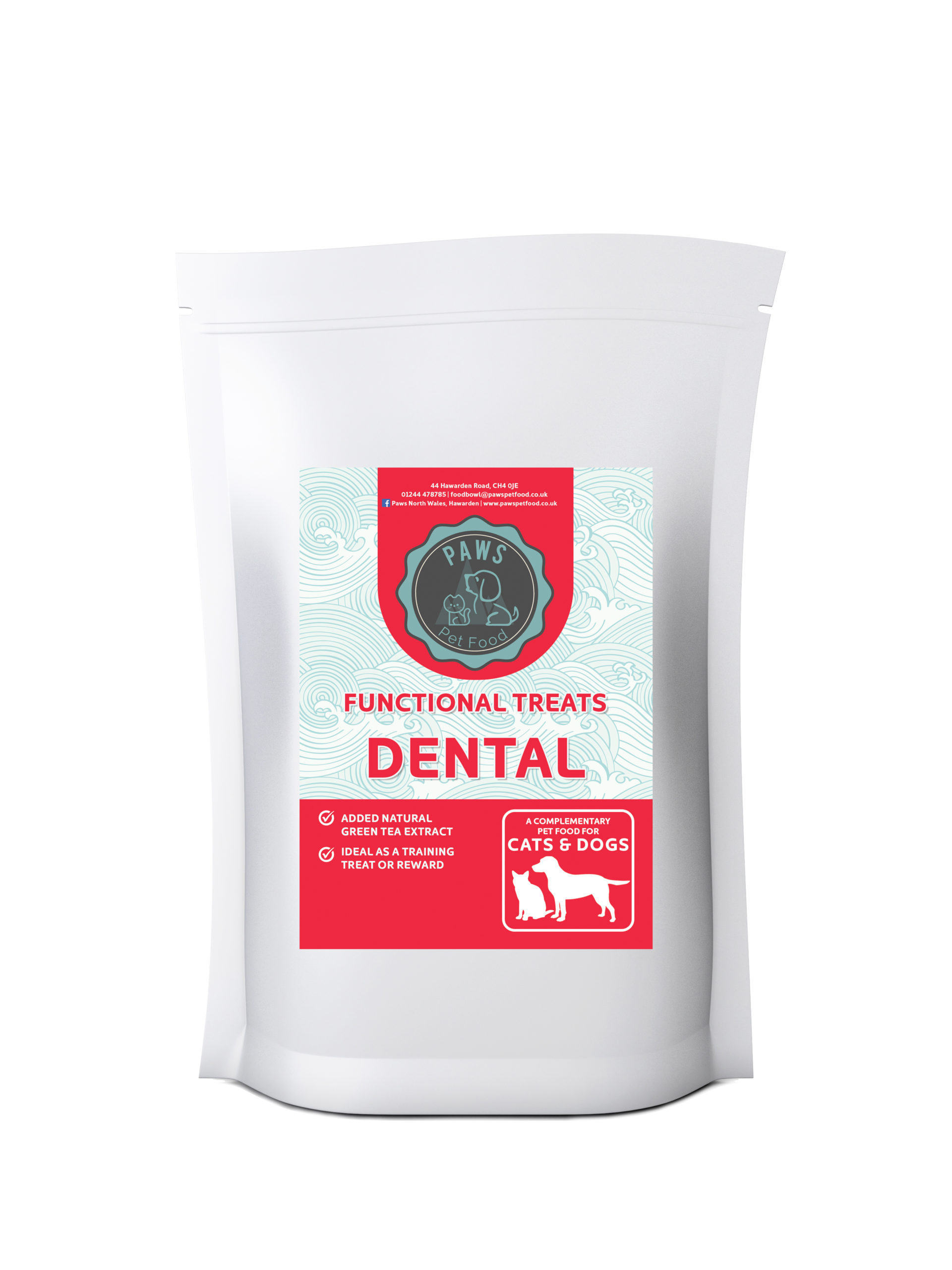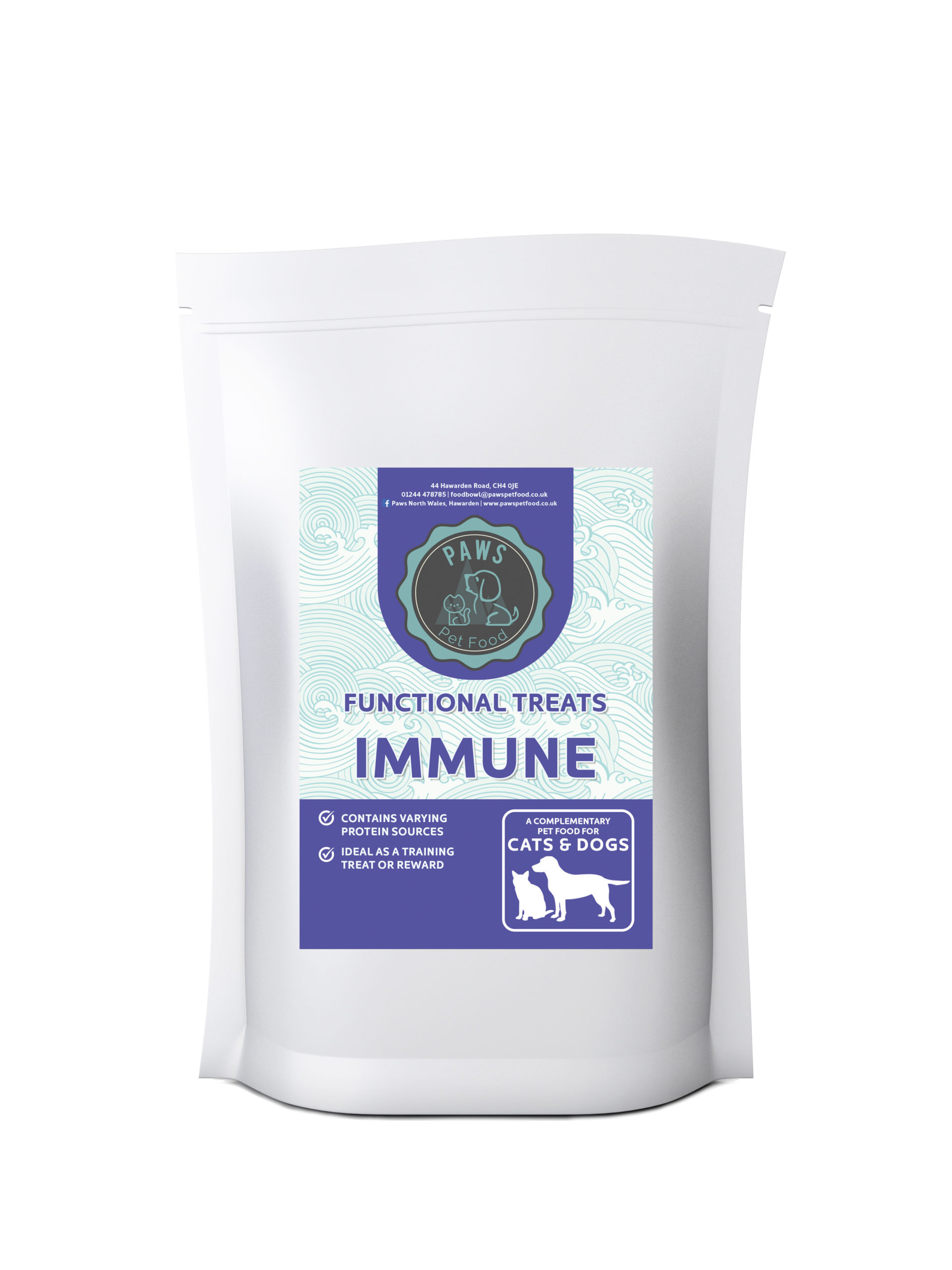A common issue for dog owners is whether they should feed their pet grain pet food or grain-free pet food. With a wide variety of pet foods available on the market, it can be quite a tough decision. This article will focus on what grain-free pet food is and the benefits of feeding a dog this diet entails.
What are grains?
Grains are a group of ingredients that contain carbohydrates and are frequently used in dog food. Typical ingredients that feature in grain pet foods are oats, wheat, barley, maize and rice.
An important consideration for dog owners is to remember that grains aren’t bad for dogs. If fed with the correct amounts, they can be good sources of carbohydrates to provide dogs with energy and fibre to help promote good digestion. Grains also include essential nutrients such as linoleic acid that is an essential fatty acid for dogs.
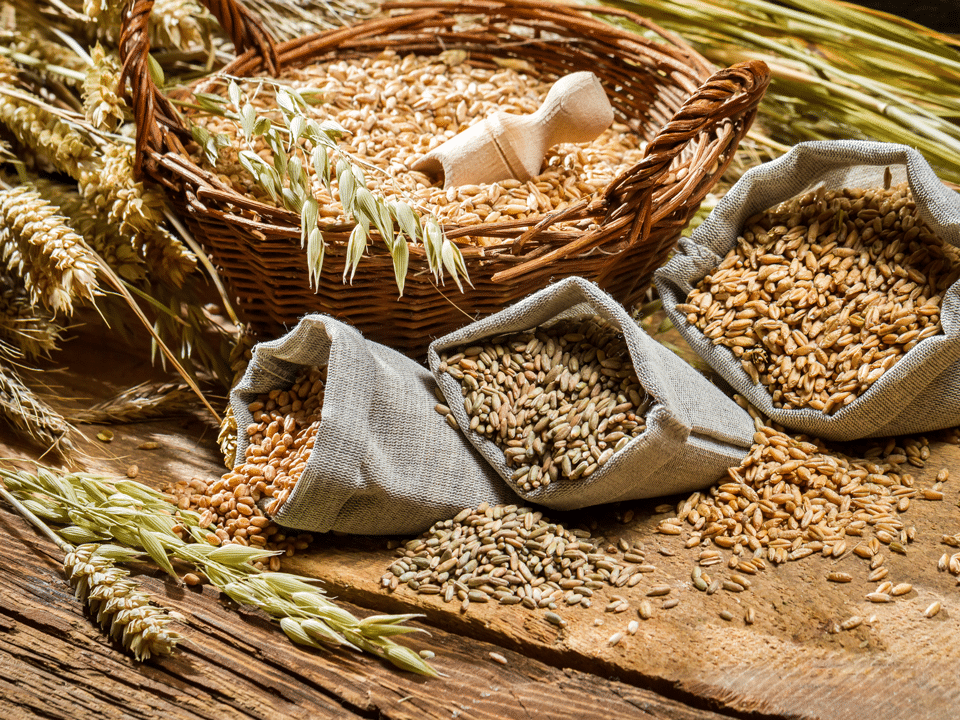

VGF Grain Free Venison, Sweet Potato & Mulberry Adult Dog Food Kibble Biscuits 2kg 6kg 12kg 15kg
Grain-Free pet food defined
In recent times, grain-free pet food has become increasingly popular, but why? A grain-free diet consists of recipes that are free from cereals/grains. These recipes often contain ingredients such as white potatoes, sweet potatoes, legumes, lentils and peas.
Some dogs struggle to digest grains adequately and lead to side effects. The common reason pet owners feed their dogs a grain-free diet is that it is ideal for dogs with sensitivities or intolerances to grains.
Is grain-free pet food also gluten-free?
A familiar misconception from pet owners is, ‘are grain-free and gluten-free dog food the same?‘ The answer to this is no. Gluten-free diets do not have ingredients that include gluten-containing grains such as wheat and barley but may contain other grains. Grain-Free pet food may be gluten-free as well but can also include hidden sources of gluten. It is recommended to read the label on the packaging carefully or consult a vet for advice.
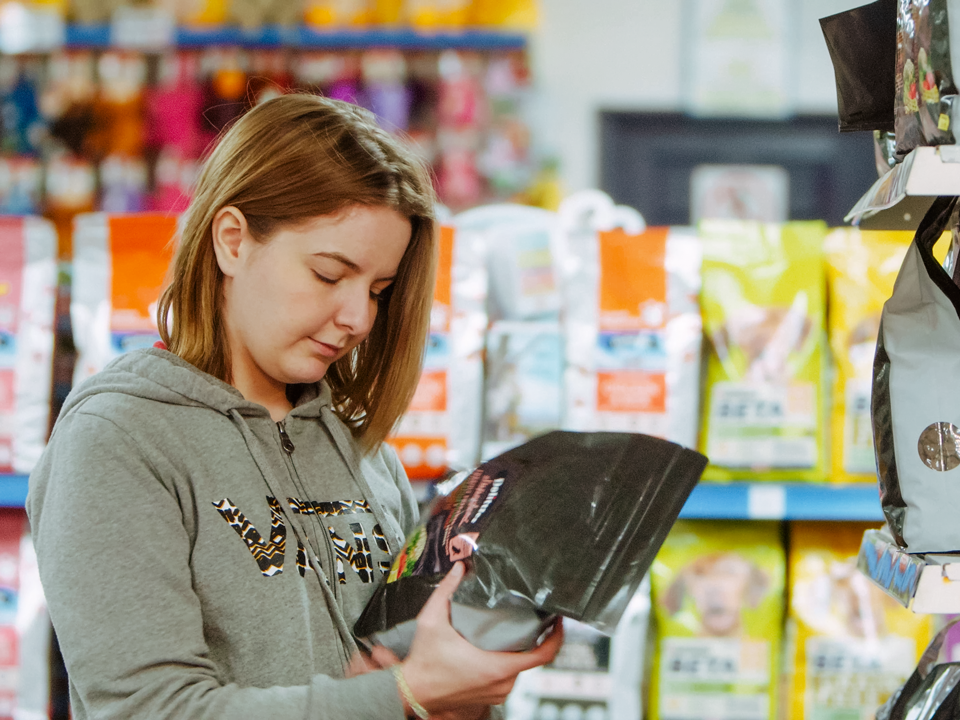
What are the benefits of Grain-Free?
Sensitivities and Intolerances
If a dog suffers from sensitivities or intolerances, it can become frustrating for them, and it may be hugely beneficial to put them on a grain-free diet. A key reason for this is because some dogs suffer from sensitivities from grains that can cause symptoms such as skin irritation or rashes, vomiting and skin shedding.
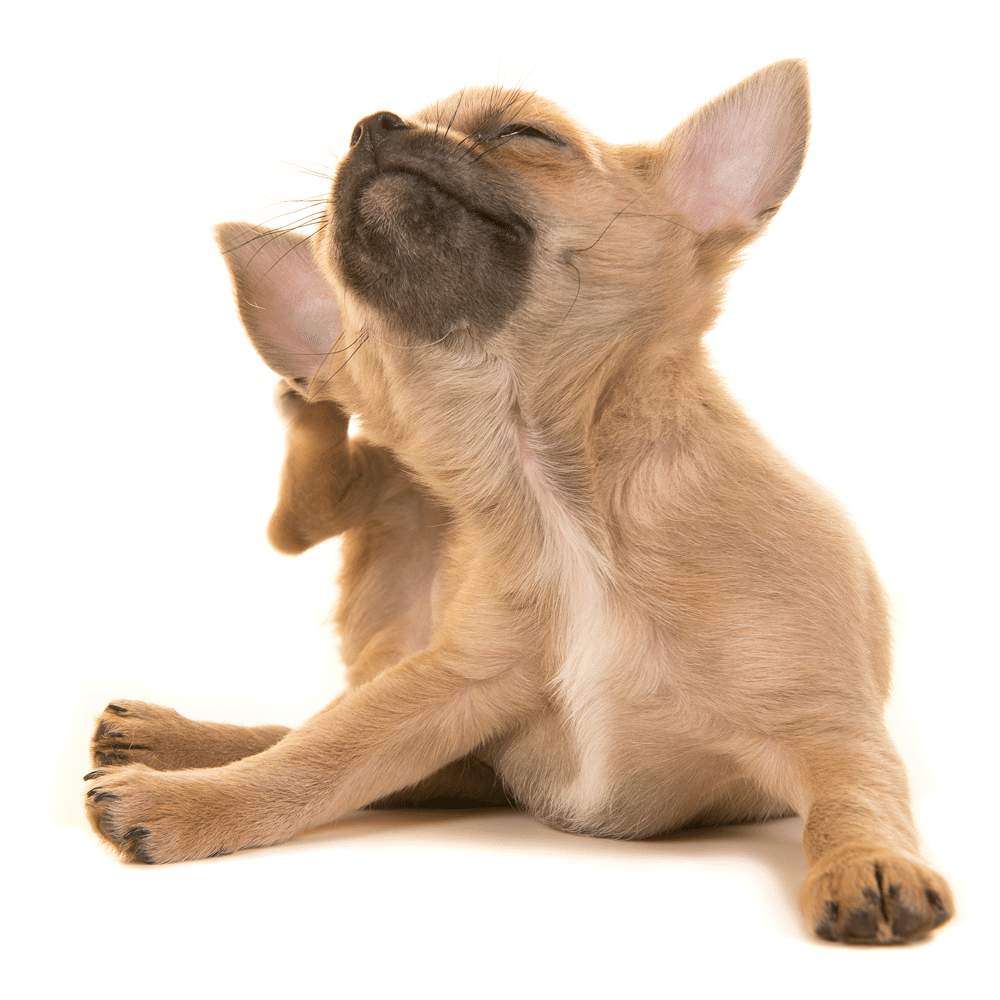
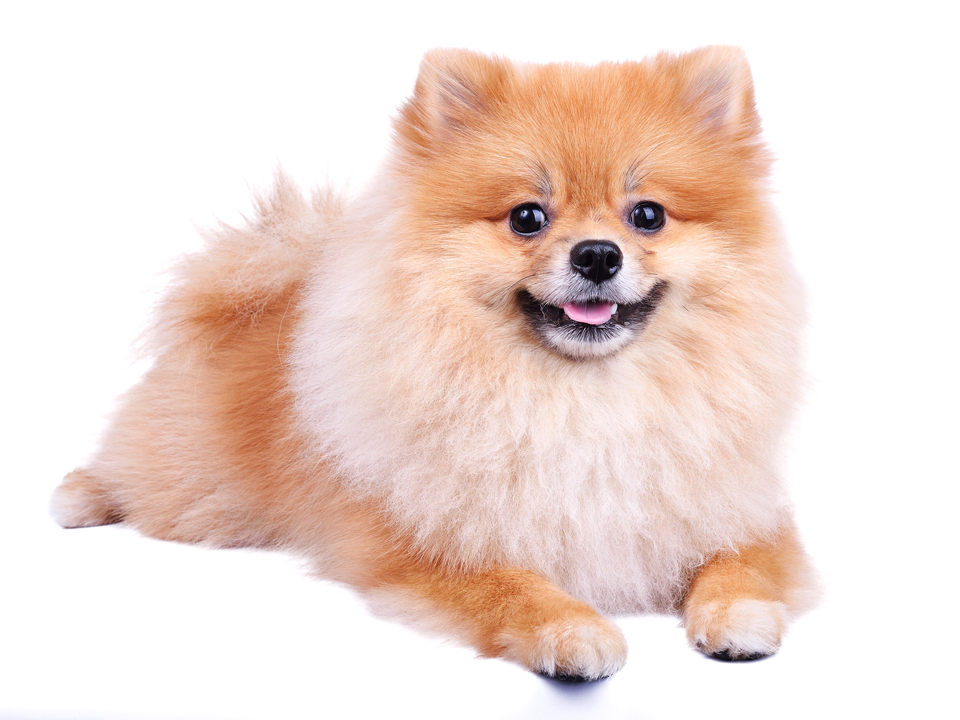
Improved skin and coat condition
A grain-free diet can be helpful for the condition of a dog’s skin and coat. As high-quality grain-free foods generally tend to have higher inclusions of animal ingredients, such as freshly prepared meats, this means there is often an increased level of naturally occurring omega-3 fatty acids, especially in foods that contain fish. Omega-3 fatty acids are very important fats that mammals must get from their diets. They contribute to health and wellbeing and support the healthy skin and coat of not only dogs but humans as well.
Reduces Wind
Gas in dogs could be a sign of a digestive health issue. Grains such as wheat and corn can sometimes cause dogs to produce frequent quantities of gas which can lead to the dog feeling discomfort in their stomachs. Grain-Free pet food can help to produce less gas because they contain prebiotics such as MOS, FOS and fibre, which help to produce good bacteria in a dog’s gut
Healthy Digestive System
Going back to a dog’s ancestors, the wolves. They would hunt for their food in the wild and feed on protein-rich meals. As dogs have evolved from carnivores, their digestive system can struggle to digest food with grains and find it easier with fewer carbohydrates. Grain-Free pet food generally has a higher meat and protein content than a grain included diet which allows them to digest the food better, especially diets containing freshly prepared protein sources that have a high digestibility.
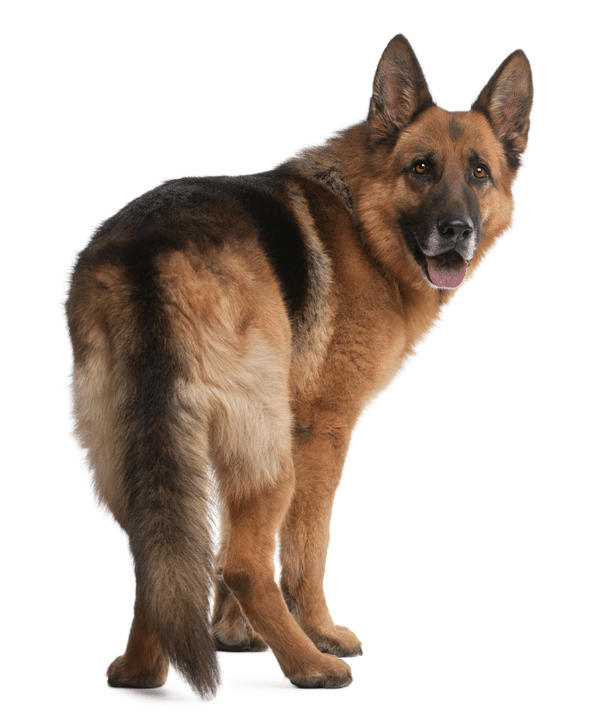
How to select the right dog food?
It can be a problematic task for a pet owner to know what food they should feed their canine. An important consideration when deciding is to see if the food is complete and balanced. This means that there is the correct balance of essential nutrients to fulfil a dog’s needs. It’s also important for pet owners to consider the quality of the ingredients used in food. For example, looking for freshly prepared protein sources can help ensure a highly nutritious and digestible feed is selected. A pet owner should also consider the right when selecting their pet’s dog food.
Once all of these factors are considered the decision comes down to the owner of the dog to decide if they wish to feed their pet a Grain or Grain-Free pet food.
-
Health Conditions
-
Age
-
Allergies and intolerances
-
Digestive issues
-
Activity levels
Our Grain Free Range
Grain Free range of freshly prepared high meat content hypoallergenic dry food for pets. Free Delivery in the UK. Buy our no added grain pet food online. You won’t find any added artificial flavors, colors, or preservatives in this grain free pet food.
New customers 10% off their first order if you add code pawspetfood at checkout stage. (not for subscriptions)
Love our food? Sign up for a monthly subscription on your product’s page, save money every month and never run out of your pet’s food. Manage your account online; pause or cancel your subscription any time.
Grain Free Pet Food Articles
Comprehensive Guide: Common Health Concerns in Dogs and How to Address Them
Canine Wellness Guide: Navigating Common Dog Health Concerns and Proactive Care Dogs, like any other living beings, can face a variety of health concerns. It's important for pet owners to be aware of these [...]
What is Grain Free Pet Food?
A common issue for dog owners is whether they should feed their pet grain pet food or grain-free pet food. With a wide variety of pet foods available on the market, it can be quite a tough [...]
Hypoallergenic Pet Food – Separating the Facts from the Hype
What is a food allergy in dogs and cats? Dogs and cats may display adverse reactions to food that can be broadly divided into two groups – immunological (food allergy) and non-immunological. A food [...]
Why Does My Dog Food Need Fibre?
All good pet owners want to ensure that their dogs are healthy on the inside and outside. A contributing factor in helping a dog to achieve this is by ensuring that they acquire enough [...]
Collagen in Pet Food
What is Collagen? In nature, collagen is a protein found exclusively in animals, especially in the skin, bones and connective tissues of mammals, birds and fish. Strictly speaking, collagen is actually a family of [...]
Urinary tract health in Cats: Feline lower urinary tract disease (FLUTD)
The term feline lower urinary tract disease (FLUTD) describes a collection of conditions that can affect the bladder and/or urethra of cats and is a common reason for cat owners to seek veterinary advice. [...]





























